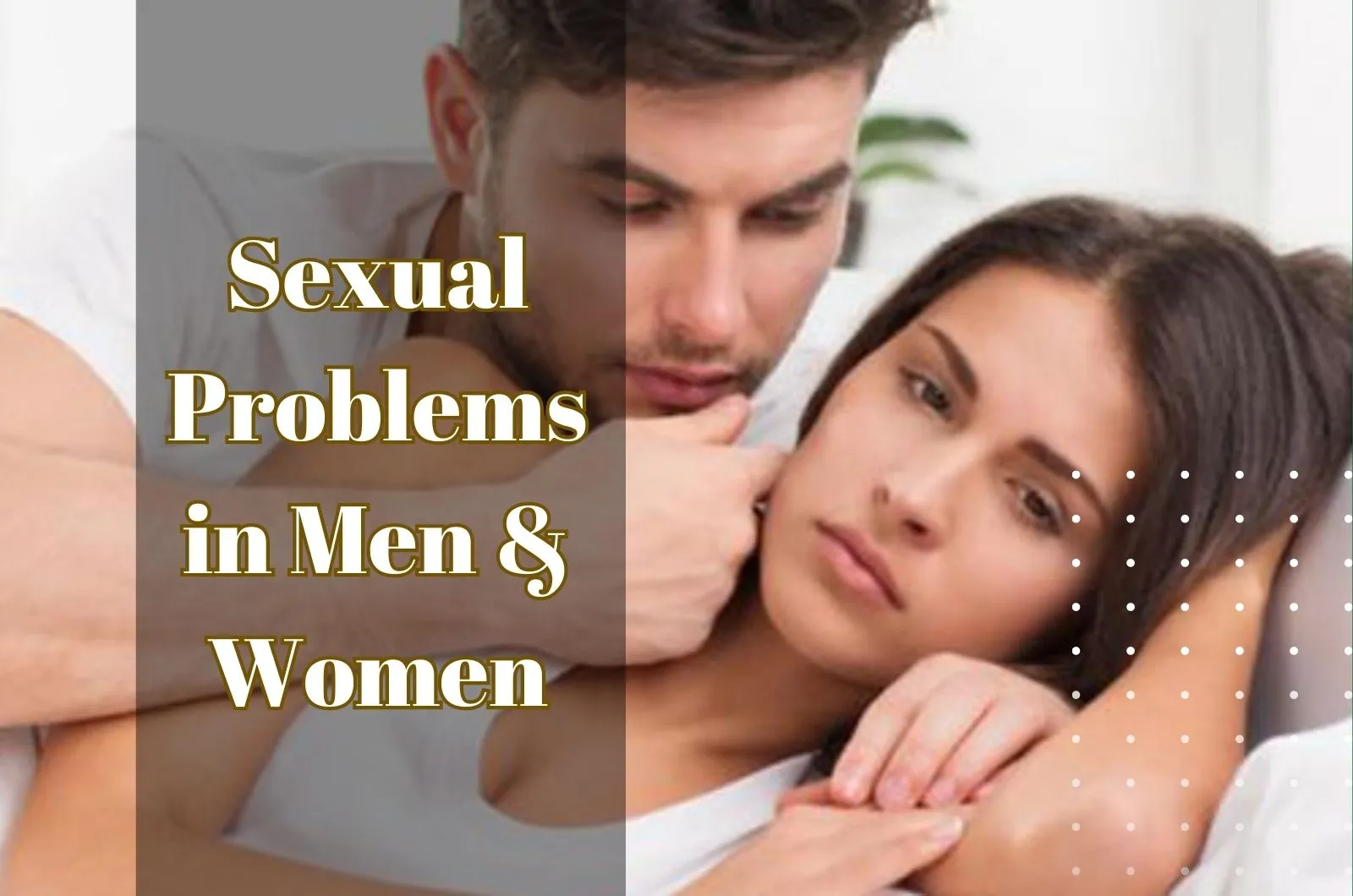Introduction
Premature ejaculation is a common issue that many people don’t talk about openly. But it’s important to understand. It’s not about being weak or inadequate. It can happen for different reasons. In this guide, we’ll look at why it happens and how to deal with it.
The search intent behind this blog post is to provide comprehensive and accurate information about premature ejaculation. Readers searching for this topic are likely looking for:
- What is Premature Ejaculation?
- Type of Premature Ejaculation:
- Causes of Premature Ejaculation:
- Treatment Options for Premature Ejaculation:
- Coping Strategies for Premature Ejaculation:
- Lifestyle Changes to Manage Premature Ejaculation:
- Psychological Impact of Premature Ejaculation:
- Tips for Improving Sexual Performance:
- Communication with a Partner about Premature Ejaculation:
- Conclusion
- FAQ:- Premature Ejaculation Cause, Symptom, Treatment, & Counsel
What is Premature Ejaculation?
Premature ejaculation is a condition in which a man reaches orgasm and ejaculates shortly after starting sexual activity, often before they or their partner desire it. It’s characterized by a lack of control over ejaculation, causing distress and dissatisfaction in sexual relationships.

Type of Premature Ejaculation:
Imagine a dance of desire and timing, where things go awry and climaxes catch you off guard. This is premature ejaculation, a puzzle in the world of intimacy. There are two sides to this mystery:
- Lifelong (Primary) Premature Ejaculation: It’s like a built-in glitch, starting with your first sexual experience. Genetics, body chemistry, and early encounters play a role. The rhythm falters, leaving you unsynchronized.
- Acquired (Secondary) Premature Ejaculation: A once-smooth performance disrupted by stress, relationship issues, or health problems. It’s like someone changed the tempo without warning.
Causes of Premature Ejaculation:
- Biological Factors:
- Genetics and hereditary factors
- Hormonal imbalances
- Neurotransmitter levels
- Psychological Factors:
- Performance anxiety
- Stress and mental health
- Relationship issues
- Lifestyle Factors:
- Sedentary lifestyle
- Substance abuse
- Poor dietary habits
Treatment Options for Premature Ejaculation:
- Medical Interventions:
- Topical creams and sprays
- Medications
- Behavioural Techniques:
- Start-stop technique
- Squeeze technique
- Pelvic floor exercises
- Therapy and Counseling:
- Cognitive-behavioural therapy (CBT)
- Sex therapy
- Couples counselling
Coping Strategies for Premature Ejaculation:
- Communication:
- Open discussions with partners
- Mutual understanding and support
- Relaxation Techniques:
- Deep breathing exercises
- Meditation and mindfulness
- Sensate Focus:
- Gradual re-sensitization
- Enhancing intimacy without pressure
Lifestyle Changes to Manage Premature Ejaculation:
- Exercise and Physical Activity:
- Benefits of regular exercise
- Specific exercises for sexual health
- Balanced Diet:
- Nutrients that support sexual health
- Foods to avoid
Psychological Impact of Premature Ejaculation:
- Self-esteem and Confidence:
- Emotional challenges
- Building self-assurance
- Mental Health:
- Anxiety and depression
- Seeking professional help
Tips for Improving Sexual Performance:
- Communication:
- Expressing desires and concerns
- Active listening
- Mutual Exploration:
- Trying new experiences
- Focusing on pleasure, not just performance

Communication with a Partner about Premature Ejaculation:
- Creating a Safe Space:
- Establishing trust and openness
- Avoiding blame
- Mutual Problem Solving:
- Brainstorming solutions together
- Celebrating progress
Conclusion
Understanding and addressing premature ejaculation is essential for your well-being and relationships. By exploring its causes, treatments, and coping strategies, you’re taking positive steps toward better sexual health. Remember, you’re not alone, and seeking help is a sign of strength.
FAQ:- Premature Ejaculation Cause, Symptom, Treatment, & Counsel
Ques:-What causes premature ejaculation?
Answer:- Premature ejaculation can have various triggers, including psychological factors like anxiety, stress, and performance pressure, as well as physical characteristics such as hormone imbalances and heightened penile sensitivity.
Ques:-Are there different types of premature ejaculation?
Answer:-: Yes, premature ejaculation is categorized into lifelong (primary) and acquired (secondary). Lifelong PE has been present since a man’s first sexual experience, while received PE develops after a period of standard ejaculation control.
Ques:-: How can premature ejaculation be treated?
Answer:- Treatment approaches encompass a range of techniques. Behavioral methods like the start-stop and squeeze techniques aim to improve ejaculatory control. Therapy, both individual and couple, can address underlying psychological factors. Medications and creams, under medical supervision, may also be used.
Ques:-Can psychological strategies really help with premature ejaculation?
Answer:- Yes, psychological strategies like cognitive-behavioral therapy (CBT) can aid in identifying and managing triggers like anxiety or stress that contribute to premature ejaculation.
Ques:-Are there lifestyle changes that might help with premature ejaculation?
Answer:- Certainly. Regular exercise, stress reduction techniques, a balanced diet, and sufficient sleep can all positively influence overall sexual health and ejaculation control.




One thought on “Premature Ejaculation Cause, Symptom, Treatment, & Counsel”